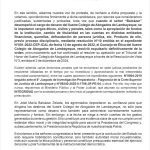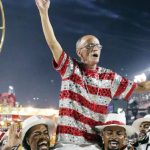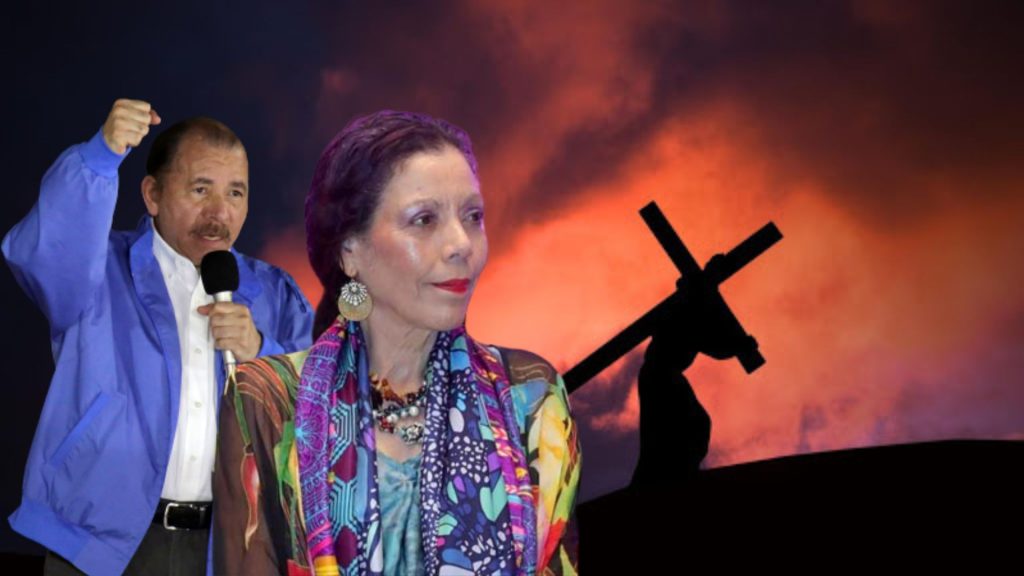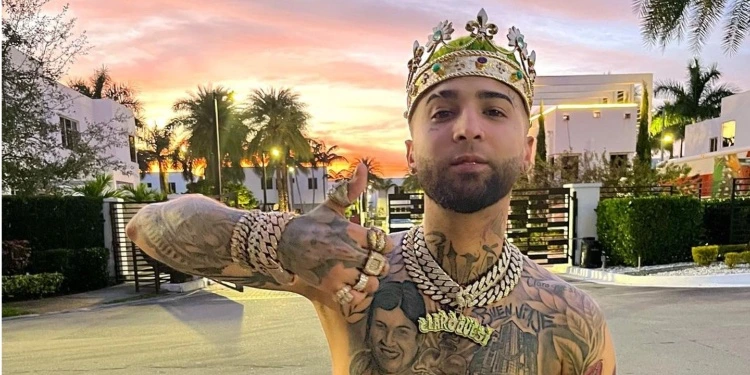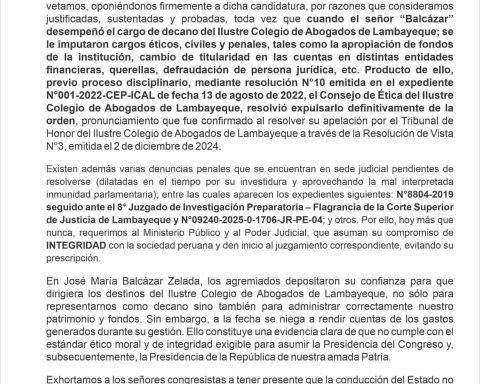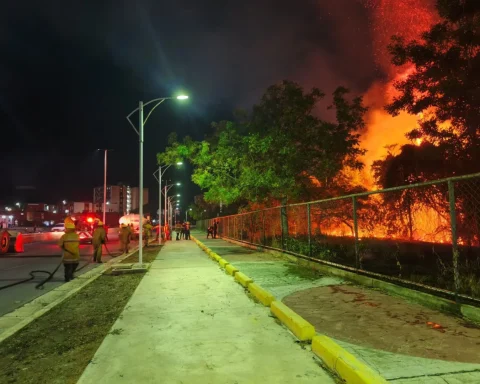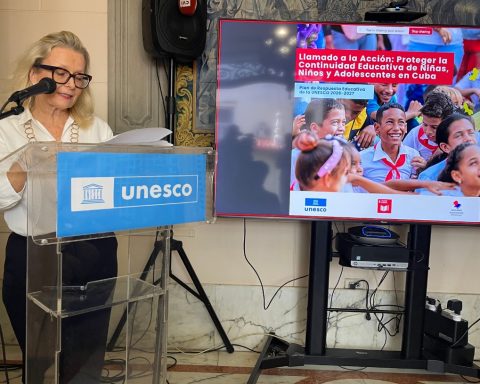J
José María Morelos is, along with Miguel Hidalgo, one of the founding fathers of the Mexican nation and the one who had the clearest idea of the project on which it should be founded. He was born in Valladolid on September 30, 1765. From a very humble family, his father was a carpenter and his mother the daughter of a teacher, in whose school he learned his first letters. He had to abandon his studies to help his family and devoted himself to agriculture and muleteering. At the age of 24 he entered the College of San Nicolás, in Valladolid, where Miguel Hidalgo was the rector; he studied Latin and theology in Mexico City. He received his priestly degree in 1797.
Upon his return to Michoacán as parish priest in Carácuaro, he learned of the needs of the indigenous people and tried to help them. In October 1810, upon learning that Hidalgo was taking up arms against the viceregal government, he went to offer his services. Hidalgo entrusted him with taking the insurgent cause to the south and taking Acapulco.
Of all the insurgent leaders, Morelos was the one who was most clear about the need to form a new, independent and sovereign nation, breaking all ties with the Spanish monarchy. In February 1812, in an exhortation to the royalist army, he expressed: There is no Spain anymore because the French are in control of it. There is no Ferdinand VII anymore, because either he wanted to go to his house of Bourbon in France, or he was taken by force, and then he no longer exists. And even if he did exist, a conquered kingdom is allowed to reconquer itself, and an obedient kingdom is allowed not to obey its king.
As can be seen, it established the foundations of the right to rebellion and popular sovereignty.
Morelos was the best military man of the insurgency. Unlike the huge armies commanded by Hidalgo and Allende, Morelos led much smaller contingents, but better organized and disciplined. With the support of some of the most capable insurgent leaders, such as Hermenegildo Galeana and Mariano Matamoros, he put the viceregal government in check and established large liberated zones under insurgent control.
One of his greatest achievements was breaking the siege of Cuautla in May 1812. During those months he conquered most of the south and center of the New Spain territory. His military genius was combined with his political talent and his vision as a statesman. He continued Hidalgo’s advanced social project that sought to create a more just society. He prohibited Indians from paying tributes and tithes; he suppressed slavery, community funds and prevented the insurgency from becoming a caste war. In addition, he convened the Congress of Anahuac, which opened in Chilpancingo on September 14, 1813, where he presented his Feelings of the nation.
This text condenses the insurgent, libertarian, egalitarian and just ideology of Morelos. In it he defined the essence of a government and laws at the service of the people, as well as a society among equals: Good law is superior to every person and must be such that it moderates social inequalities, improves customs and forces patriotism, so that it does not distinguish one man from another except by virtue, never by the color of the skin.
He also expressed unambiguously the need for independence and the essential principle of the new regime, popular sovereignty, as well as the construction of a more just society, the central objective of the insurgent government: That America is free and independent of Spain and of every other nation, government or monarchy; that sovereignty emanates immediately from the people; that the country will not be completely free and ours until the government is reformed, overthrowing the tyrannical, replacing the liberal, and also driving the Spanish enemy out of our soil; that since good law is superior to all men, those dictated by our Congress must be such as to compel constancy and patriotism, moderate opulence and indigence, and in such a way increase the wages of the poor, improve their customs, removing ignorance, rapine and theft; that slavery be outlawed forever and the same with the distinction of castes, leaving all equal; that the infinity of tributes and impositions that oppress us be removed.
.
The Congress of Chilpancingo declared the independence of North America on November 6, 1813, and drafted the Constitutional Decree for the Freedom of Mexican America in Apatzingán on October 22, 1814. An Executive Branch was appointed, consisting of Morelos himself, José María Liceaga and José María Coss, and the Supreme Court of Justice was established. These were the first institutions that gave shape to the national project founded on popular sovereignty that Morelos promoted in the area controlled by the insurgency.
However, in December 1813 Morelos suffered a heavy defeat at Valladolid, and a month later lost Chilpancingo and Oaxaca. Divisions among the insurgent leadership and between the leaders of Congress and Morelos weakened the movement; Congress decided to move from Michoacán to Puebla. Morelos escorted them, but they were ambushed at Temalaca.
The Generalissimo He was arrested. He was tried for treason and stripped of his priestly status. He defended himself at the trial, but his enemies could not forgive his audacity in wanting to form a new, free, independent and sovereign homeland, based on justice and service to the people.
The Servant of the Nation He was shot on December 22, 1815 in San Cristóbal, Ecatepec. His sacrifice was not in vain, as his life, work and thought fueled the insurgent cause that triumphed six years later.





